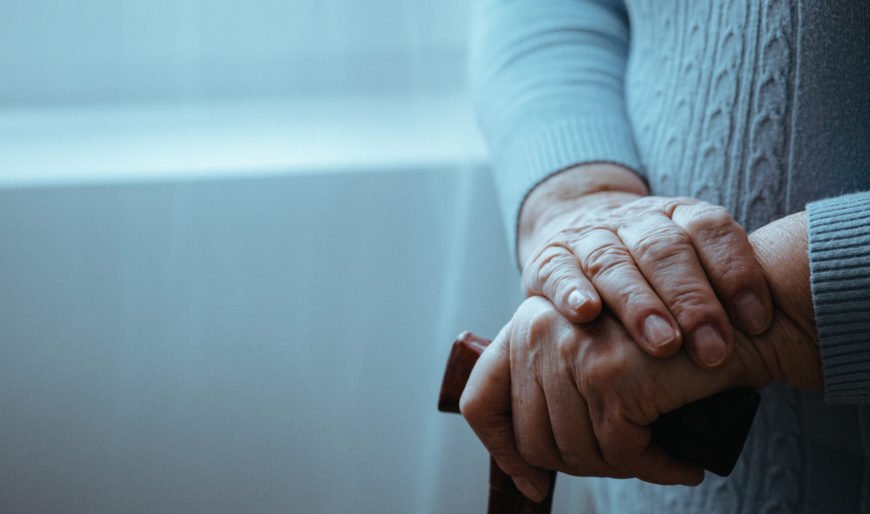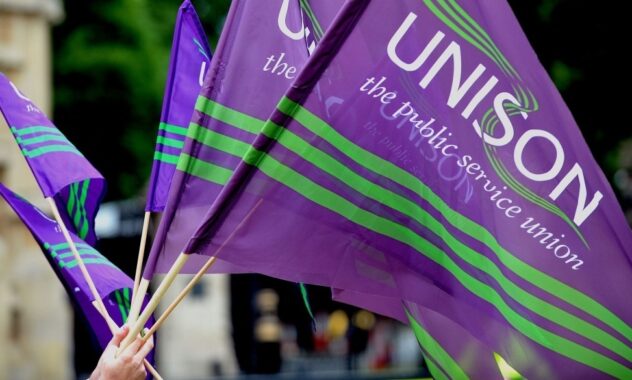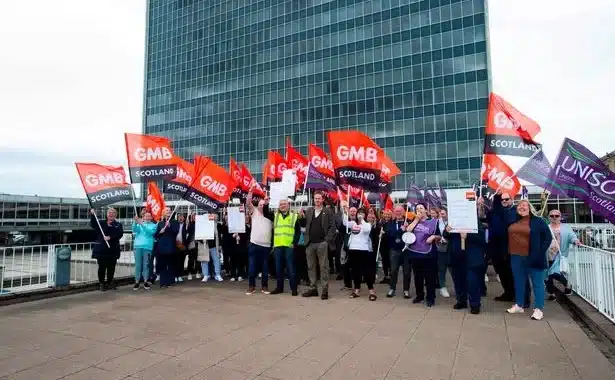Govt ‘could face corporate manslaughter charges’ over care home failures
A lawyer has written that Dominic Cummings' testimony, if true, could lead to criminal charges against the government.

The government could face corporate manslaughter charges after Covid-19 patients were discharged into residential care homes without testing negative for the virus.
This is according to barrister, Alex Bailin QC, who said the evidence given by Boris Johnson’s former advisor, Dominic Cummings, to the Health and Science Select Committee rings “alarm bells” for criminal lawyers.
On 02 April 2020, the Department for Health and Social Care (DHSC) issued official guidance stating that care home residents hospitalised with Covid-19 should be quarantined before being returned to care homes.
It was not until 15 April 2020 that it changed this advice to require the mandatory testing of hospitalised residents before they were returned to care homes.
But Cummings claimed that in March 2020, DHSC had “categorically” told Number that tests would be carried out on care home residents before they were discharged.
“We only subsequently found out that that hadn’t happened … The government rhetoric was we put a shield around care homes … it was complete nonsense,” he told the Committee.
Potentially corroborating Cummings’ evidence, Chief Executive of care home provider MHA, Sam Monaghan, told the Observer that he and other leaders in the sector had pleaded with the government to act sooner.
“On 12 March, there was a meeting of a number of large care-home providers with the department to talk about the pressure that the NHS could come under, and whether or not we could facilitate and support the NHS by taking patients who we could care for. We were very, very clear right from the get-go, even before we knew the worst ravages of Covid, that we couldn’t take people unless they were tested,” he told the newspaper.”
“Nobody was talking to us,” he added. “Some of our managers have described it as feeling abandoned by everybody around them.”
By the time the testing regime was implemented, 100 care homes had reported outbreaks over the previous 24 hours and 25,000 Covid patients had been returned to care homes.
At the end of the first wave of infections, 20,000 deaths had occured in care homes, accounting for 40% of all fatalities.
If Cummings’ claims are true, the goverment may have some “serious questions” to answer, Alex Bailin QC said.
“The fundamental issue to be addressed is whether the DHSC implemented a policy that forced care homes to readmit infected patients knowing that they had not been tested,” he wrote in a piece for the Guardian.
At a later Committee hearing, Matt Hancock, Secretary of State for Health, was asked to confirm or deny if he had misled Downing Street into believing tests were being carried out when they were not. He would only say that he followed clinical advice and that testing could not be put in place until there was capacity to do so.
“Hancock’s truthfulness on the topic is legally a side issue,” Alex Bailin QC said.
“The real question is whether such a reckless policy was a gross breach of duty that created an avoidable risk of death. If so, then there are serious questions to be asked about whether the DHSC could be liable for corporate manslaughter … it is doubtful that a policy that effectively forced care homes to import Covid-infected patients into a highly vulnerable environment would be shielded from prosecution.”







